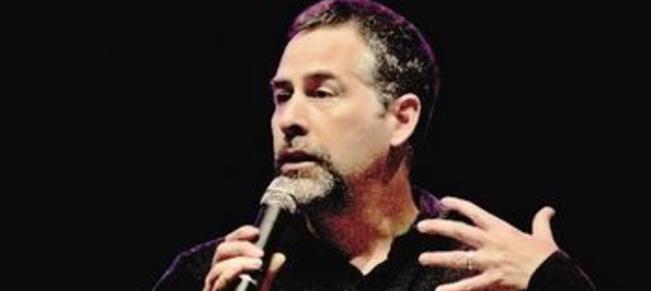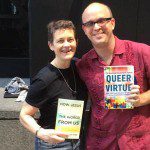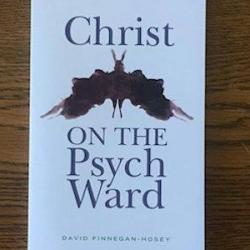It’s clear that Mark Yaconelli is a spiritual director from his storytelling. He does with his life what my spiritual directors have always told me to do with my life. He makes moments sacred. The stories in Yaconelli’s book The Gift of Hard Things describe hard situations that mostly aren’t hard enough to qualify as official tragedies. But they are situations that cause pain and disappointment in which the gift of God’s presence is found.
One story I could really relate to was Mark’s account of a prayer service he tried to launch for students at Southern Oregon University. He had responded to an advertisement in his church bulletin. He was very confident because of his experience teaching and writing about spiritual practices. He invested hours of time preparing for the service: buying candles, collecting river rocks, building and painting a six foot tall cross. He recruited a trio of musicians to play music and three elderly women from his church to make a simple meal. He designed a logo, put an ad in the campus newspaper, and met with student groups.
Then the night came for his service and nobody showed up. It was just him, the three musicians, and the three cooks from his church. Throughout the rest of the school year, not a single college student came to the service, despite all of the effort and advertising. But a group of older women started to show up. It grew to about thirty of them.
Yaconelli writes that his experience taught him about spiritual poverty:
To enter into spiritual poverty is to keep from seeking to possess or control God. Spiritual poverty is the willingess to be empty, to allow our expectations of God to dissipate. Like those who followed Jesus, it’s a willingess to be helpless, confused, anxious, and waiting. [37]
Each chapter has a similar story, in which a kind of disappointment was redeemed by God in some unexpected way. Yaconelli decided to limit his stories to what he calls the “middle sufferings of life–burnout, shame, vocational failure–the frustration, self-doubt, and emptiness that can slowly corrupt our ability to access our deeper spiritual capacities” (15-16). There’s a way in which these middle sufferings can be more difficult than tragedies that are more official and legitimate like death, illness, divorce, or poverty. The suffering usually happens in secret, and it’s often a consequence of our own shortcomings.
One of the features of the book that I really like are the opportunities Yaconelli provides at the end of each chapter for spiritual reflection and a specific devotion practice. These include cooking a delicious meal for yourself, doing a spiritual examen, visualizations of difficult people, and other interesting, unique practices. It really enhances the experience of reading the book if you take some time with these exercises.












